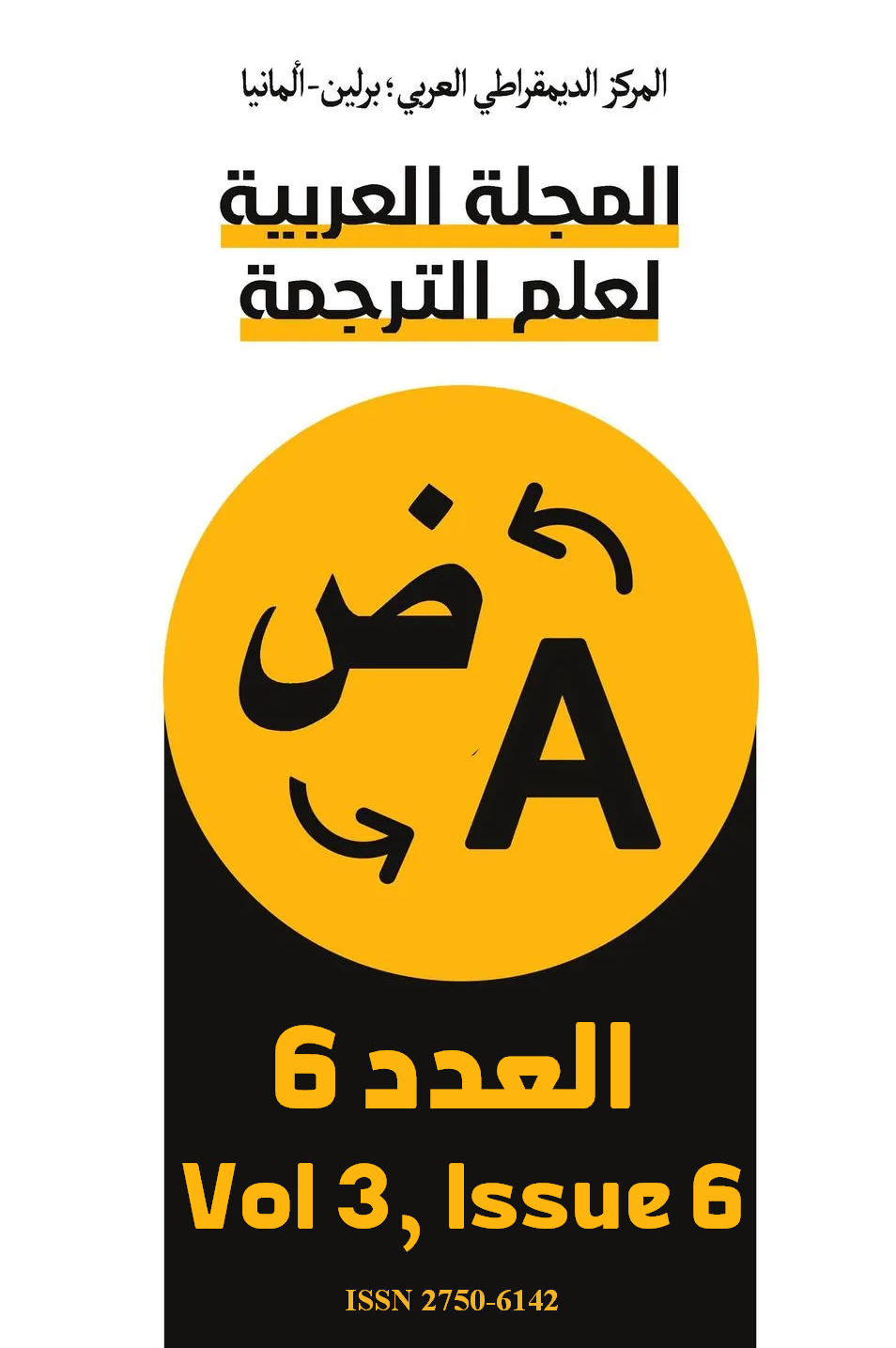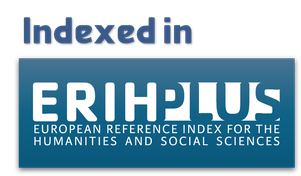Speak my Language: Translation and Ideology in Arabic Culture
DOI:
https://doi.org/10.63939/AJTS.mt9m5w21Keywords:
Translation, Ideology, Religion, Arab Nationalism, Translation of the QuranAbstract
Despite their belief in ability of translation to promote the advancement of science and knowledge, and the exchange of human experience among nations, Arabs have been keen to direct the act of translation towards serving their ideological, religions, and political interests. As the Islamic caliphate was based on religion and Arab nationalism, the Arab worked to establish a sacred connection between the two through the Arabic language, elevating it above all other languages. Based on this founding pride of their political and religious identity, they marginalized literal translation of foreign texts and prohibited the literal translation of the Quran, they also sought to protect Arabic literature and prevent its transfer to other languages.
Downloads
Downloads
Published
Issue
Section
License

This work is licensed under a Creative Commons Attribution-NonCommercial 4.0 International License.
As an open-access the journal follows the CC BY-NC 4.0 Attribution-NonCommercial 4.0 International which states that:
- you are free to:
- Share— copy and redistribute the material in any medium or format.
- Adapt— remix, transform, and build upon the material.
- Under the following terms:
- Attribution— You must give appropriate credit, provide a link to the license, and indicate if changes were made. You may do so in any reasonable manner, but not in any way that suggests the licensor endorses you or your use.
- NonCommercial — You may not use the material for commercial purposes.
- No additional restrictions — You may not apply legal terms or technological measures that legally restrict others from doing anything the license permits.












